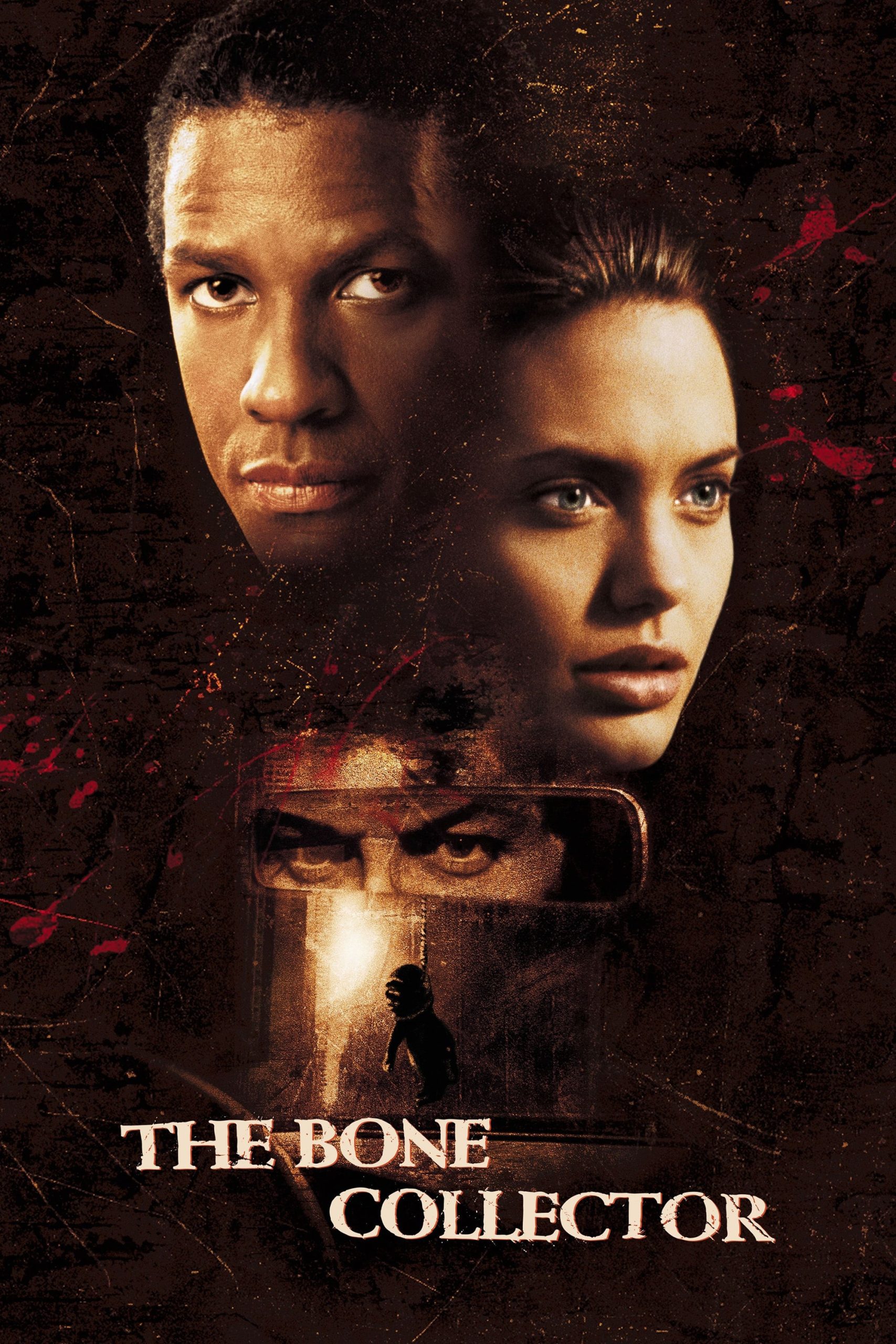
Rookie cop, Amelia Donaghy reluctantly teams with Lincoln Rhyme – formerly the department's top homicide detective but now paralyzed as a result of a spinal injury – to catch a grisly serial killer dubbed 'The Bone Collector'. The murderer's special signature is to leave tantalizing clues based on the grim remains of his crimes.
22 Nov The Bone Collector (1999)
About Being About
This thoroughly mundane film is based on a story woven around a very intelligent idea. Many films these days are written by writers writing about writing. And so it is here.
The detective story is a modern invention, invented by Poe and popularized by Conan Doyle’s Sherlock. The notion was invented as a specific reaction to Darwin’s evolution. People are attracted to the idea that the world is logical and sufficient focus and memory from a human can comprehend it. But Doyle hated Sherlock, hated pandering to the same emotions this movie targets, so he created an equal genius in the evil Moriarty.
Some of what Moriarty did was done only for the benefit of Holmes, which opened up whole new possibilities for the genre. The author and reader are engaged in a battle of wits while the detective and master criminal fought a parallel battle of the mind. The possibilities are quite rich while some clues are for the detective and some for the reader. On the other hand sloppy writing often depends on this notion without doing the hard work of creating a real dual puzzle.
So much for background. The clever idea in this story is that the clues refer to a detective story — the fiction of the film mirroring the fiction of the book in the film. The fictional detective in the film is supposed to refer a fictional detective in that book. So, in addition to some rather clever actors, this film gets a running start in having a spine that is richer than say your average Clancy thrash.
That is why when this film doesn’t deliver, when it is just ordinary, I count it as an extraordinary failure. There is no real puzzle here, no real mental battle of the masters. There is in fact no plain old tension.
I recommend that you pass on this. It isn’t even an interesting failure.
Posted in 2001
Ted’s Evaluation — 1 of 3: You can find something better to do with this part of your life.


No Comments